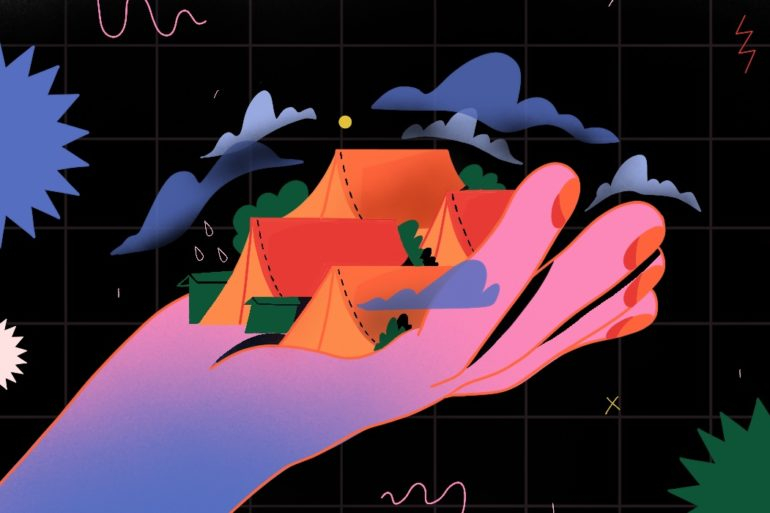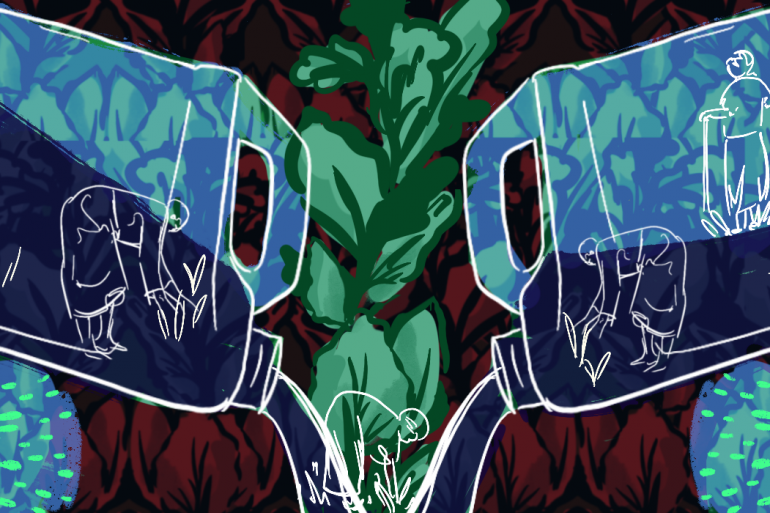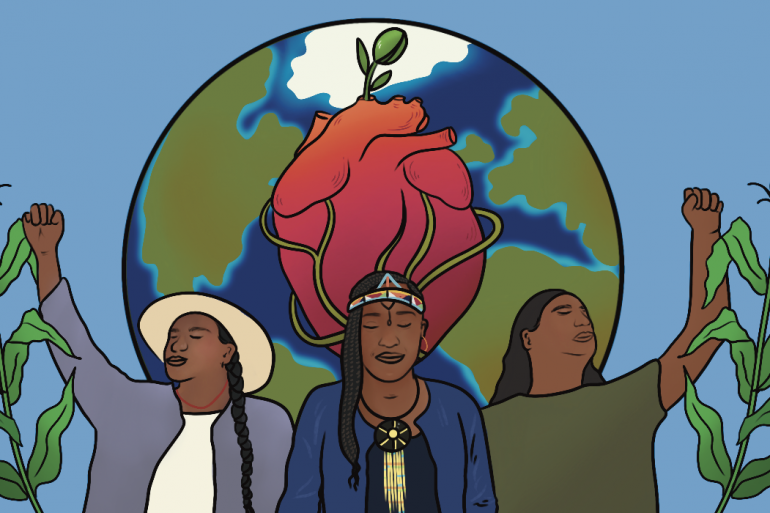Living in the border has made me a witness to the devastation of the individual that occurs today right in front of my eyes. Unfortunately, this phenomenon replicates along many borders. Immigrants are forced to escape the horror they live in their countries, having no other choice than to take this traumatic journey. People are stripped from their land, home, economy, identity, language, and most of them are left with no personal belongings to survive the basic human needs. Confronted with a population who feels threatened by them, immigrants stand alone and deprived from their human rights.
The contemporary still lives captured in this series speak of an ephemeral world that forces us to rediscover the journey of the migrant, a hero of our time trapped between two increasingly cruel worlds. The intention is to approach the intimacy of stories of migrants and we start this series with families from El Salvador, Guatemala and Nicaragua. Men, women and children who have experienced in their own flesh the hostility of a trip that apparently has no final destination. Their few possessions, which are often the only thing that connects them to the warmth of their origin, function as survival kits that keep them alive in threatening moments.
These photographs were taken on July and August 2019 on the border of Ciudad Juarez and El paso TX. It is necessary to put a spotlight to the dignity and resistance of these travellers, it is urgent that our society learns how to see, it is necessary to deactivate the discourses of hatred and racism. Very few dare to understand a new way of appreciating this type of resistance, resistance to survive.
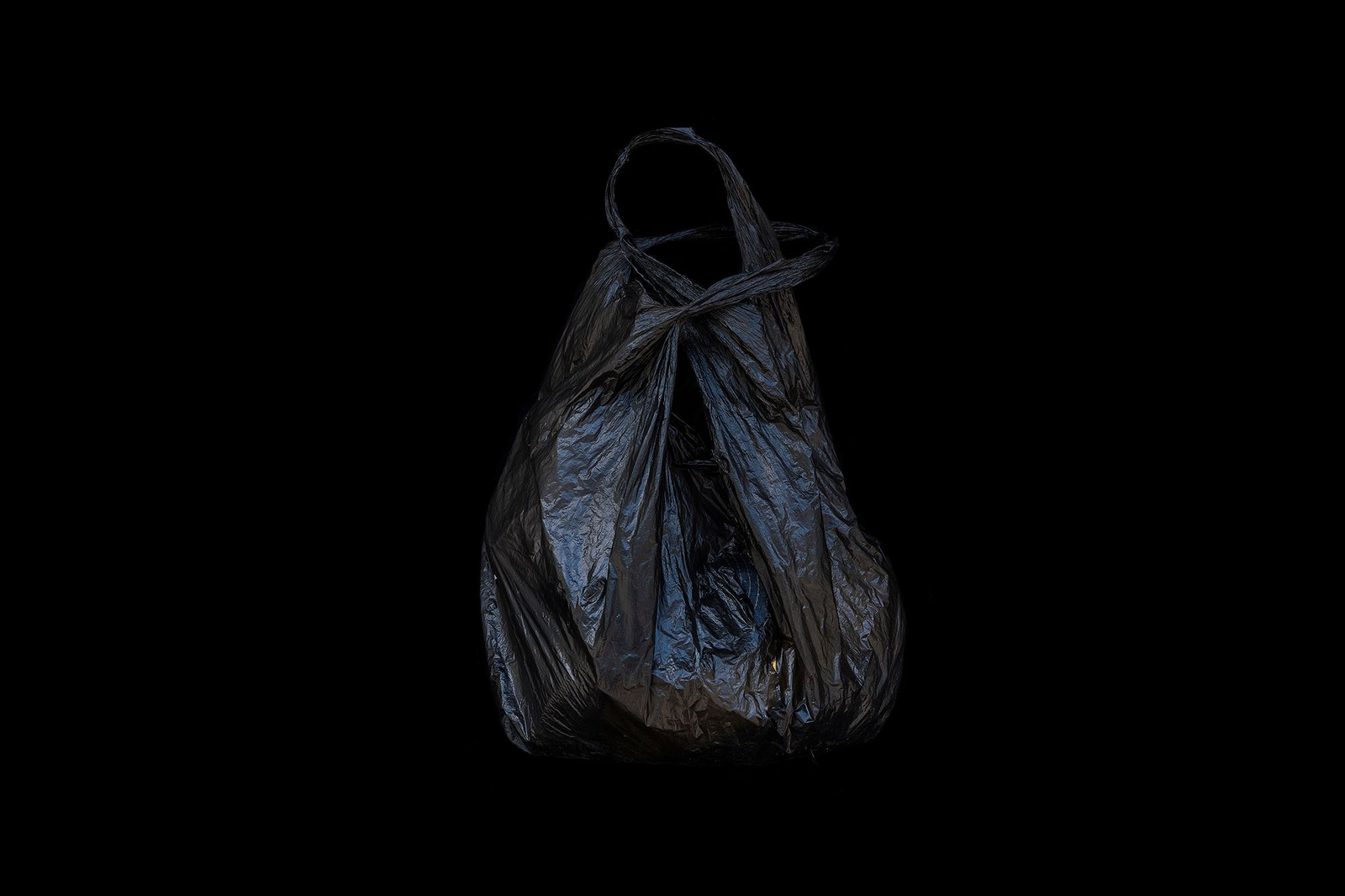
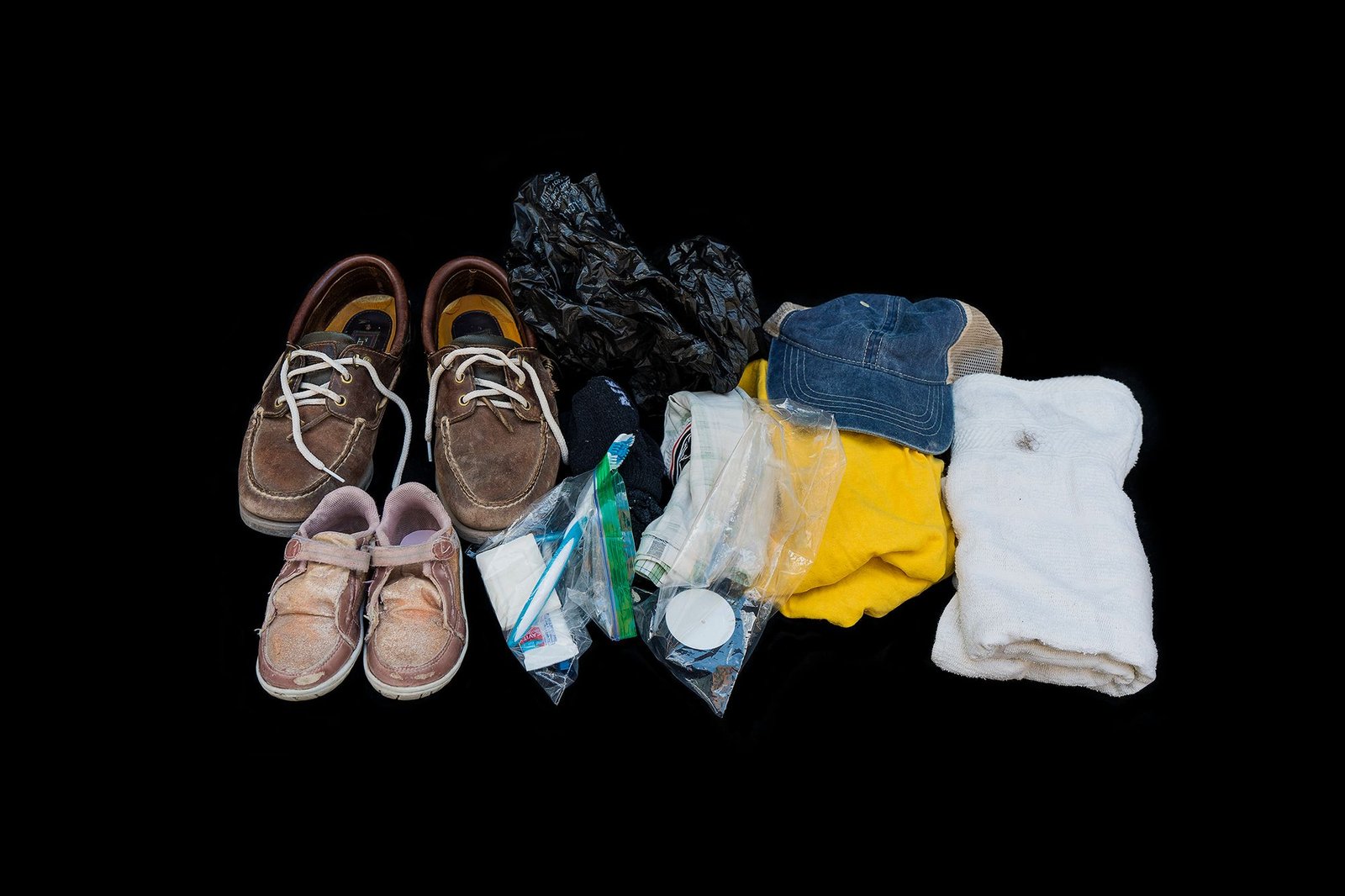
Ever and Sofia
Honduras.
Ever traveled with his family, wife, 7-year-old son and 3-year-old daughter due to the economic crisis in his country. After an extremely difficult trip through Mexico, in which they experienced abuse and extreme fatigue, they tried to cross into the United States through Ciudad Juárez and the Rio Grande. His wife and son were arrested by Mexican police and deported to Honduras. After days in “the cooler” on the American side, Eber was deported to Mexico with his daughter. He is currently in the Mexican side of the border.
Ever’s story is the story of someone who has experienced the hostility of a cruel economy and an insensitive migration system. In his native Honduras, Ever owned land and a coffee farm, but given inflation and lack of opportunities, he mortgaged his land to pay for his family’s trip. Now, far from the possibility of entering the United States and with his 3-year-old girl with him, he is obliged to return to cover his debt without sufficient financial means or a secure job.
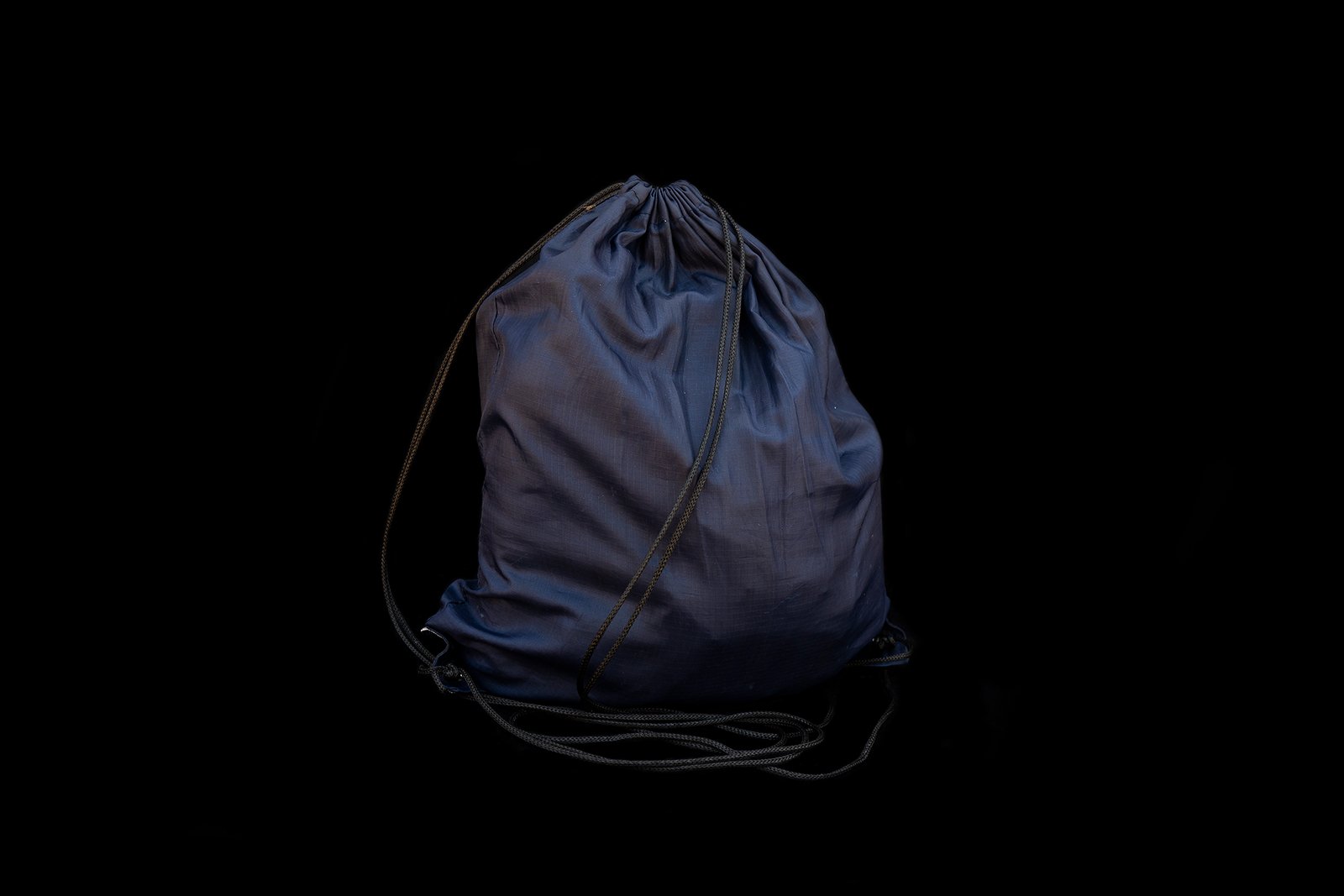
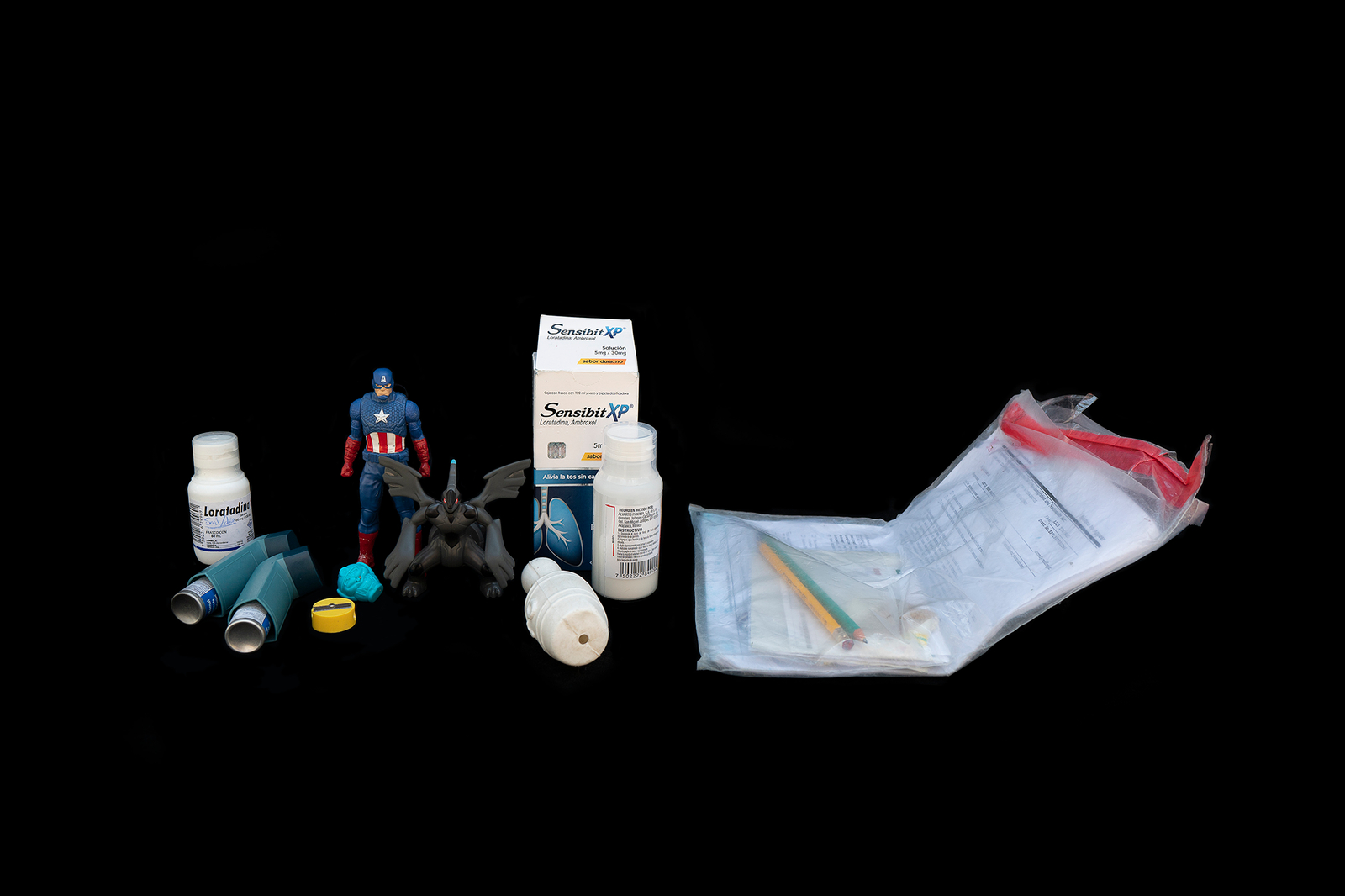
Ember and Santiago
Honduras.
Ember and his 6-year-old son Santiago fled Honduras under death threats. His history is the one of a displaced person by social violence. His family in Honduras, his parents and his brothers and sisters, raised enough money so he could flee the country along with his son. Ember was a refugee throughout Central America, before the harassment of local gangs and the few possibilities of integrating into the economy of these countries he was forced to migrate to the United States. He was arrested by the Mexican immigration police and, although he fears for his life, he is waiting to return to his country.
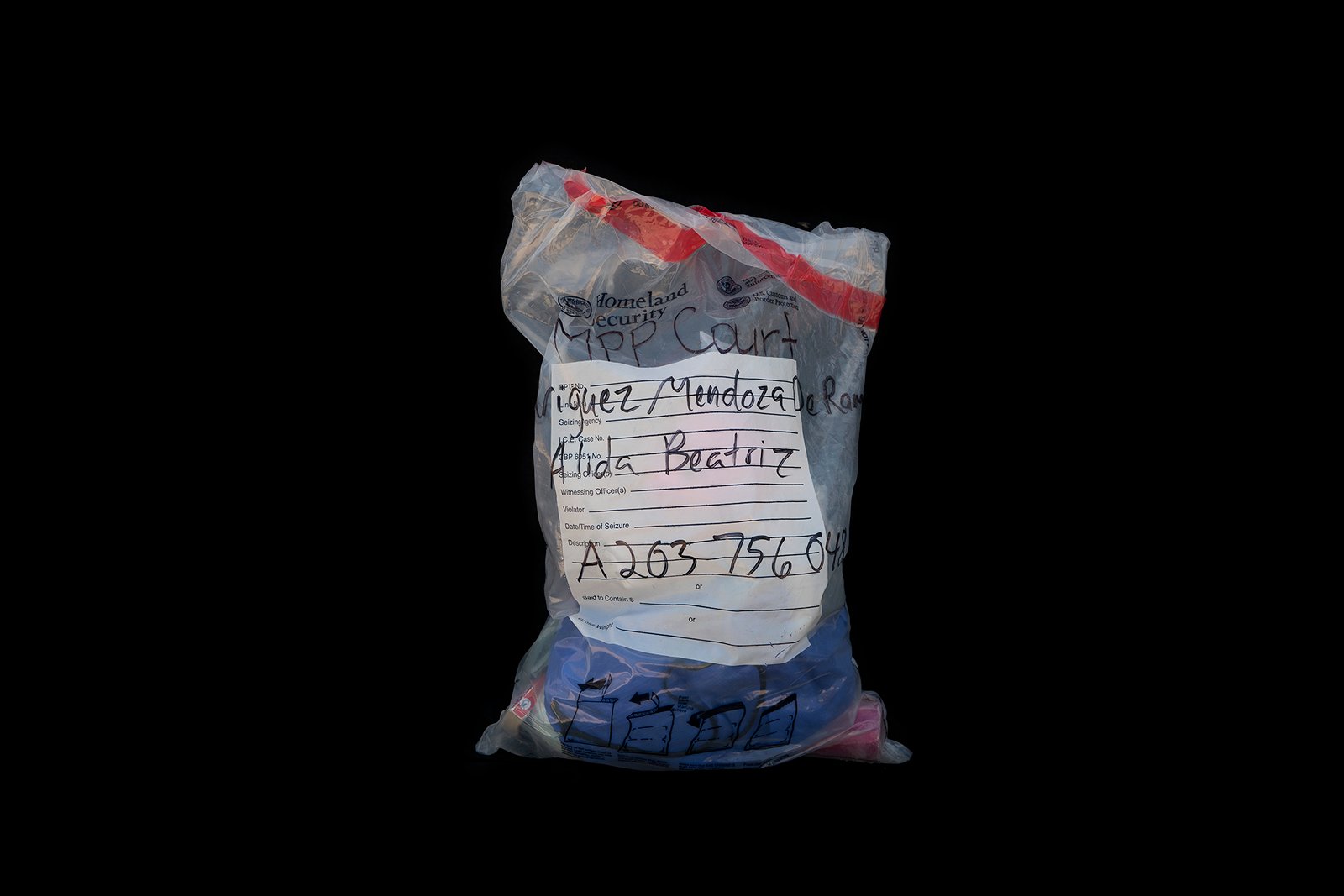
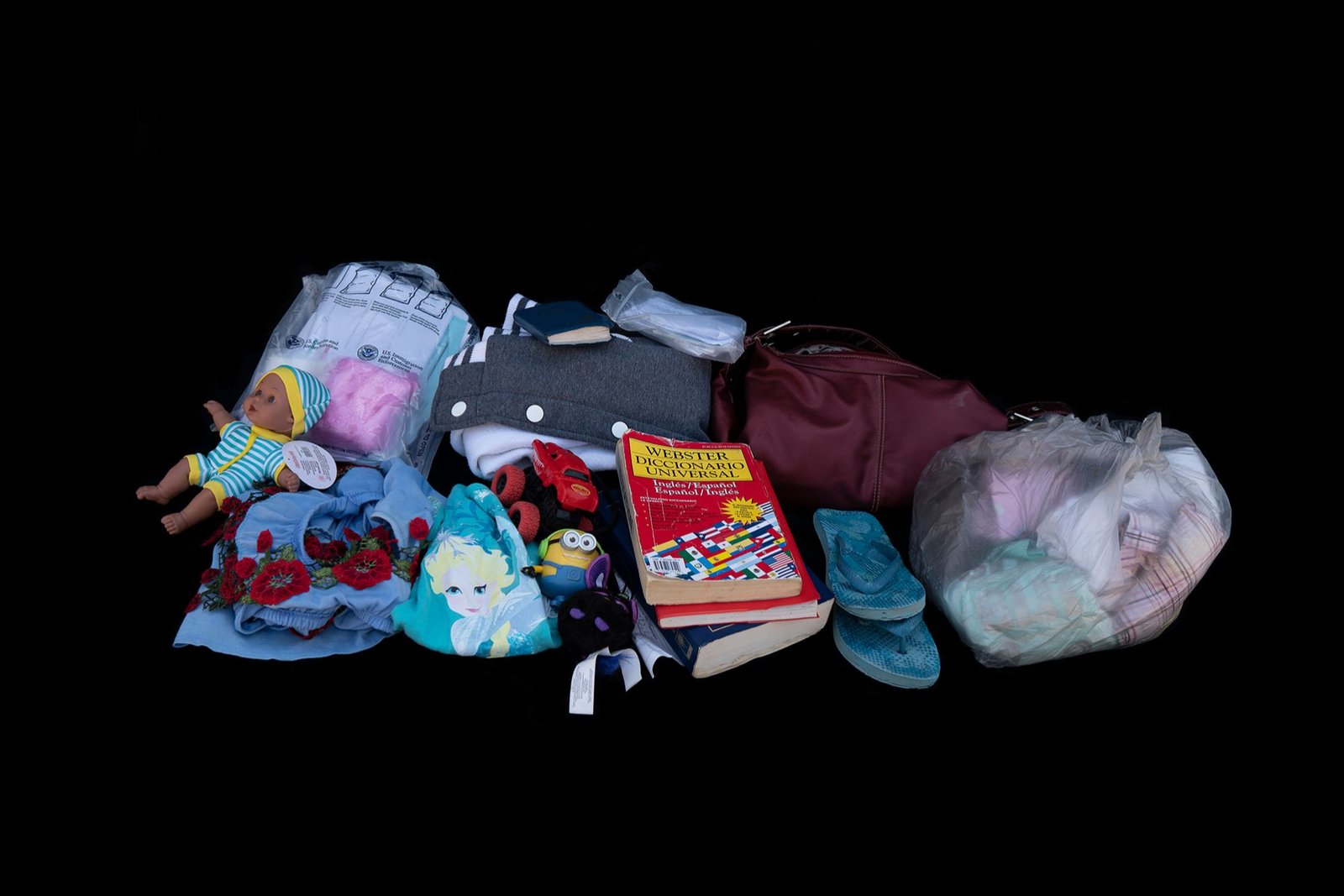
Alida
Guatemala.
Alida tells the story of her confrontation with US migration authorities. Her experience tells an incomprehensible cruelty and insensitivity. Why are they disgusted by us? She asked with her eyes full of pain and tears. Her experience refers to the degradation of the individual in a cold and calculating system that fails to understand the person in their cultural dimensions. Alida told her story as a helpless journey in which at every step she suffered in her own flesh the abandonment of her own country and the misunderstanding of a culture that was alien to her. In the detention center she was denied shelter for her and for her daughter who became ill due to an ambient temperature too cold for their body, the most basic attention was denied, a glass of water was denied; “The fear interview,” as she calls it, left a very deep mark on her and her daughter. Alida and her 9 year old daughter traveled from Guatemala to the United States. They crossed the border and where detained by the Border Patrol who took them to the “cooler”. They where denied a glass of water, medicines for the little girl and where given rotten food.


Elma and Erson.
Honduras.
Elma, 33, and her son Erson traveled in a compact car with more than twelve people on board. They were fleeing violence in their country. On the way they suffered a car accident in which the windshield fell on her and her son, although they were unharmed they had to stop to heal the wounds. In the place where they were recovering they suffered an express kidnapping and were deprived of money and possessions. During their kidnapping they were threatened with heavy caliber weapons. When the ransom was finally paid, they were abandoned and had to survive by selling bread through the streets of Mexico city.
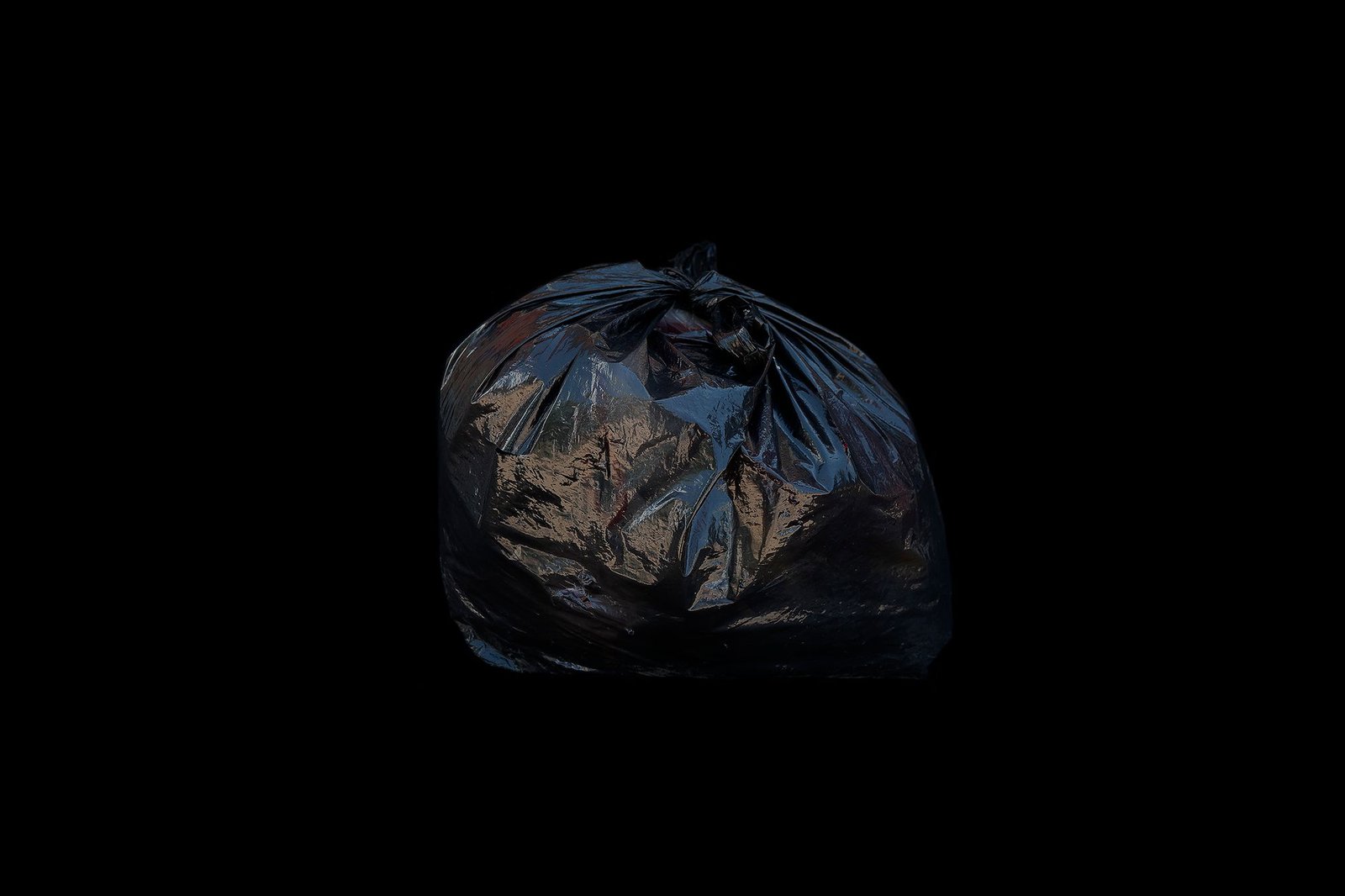
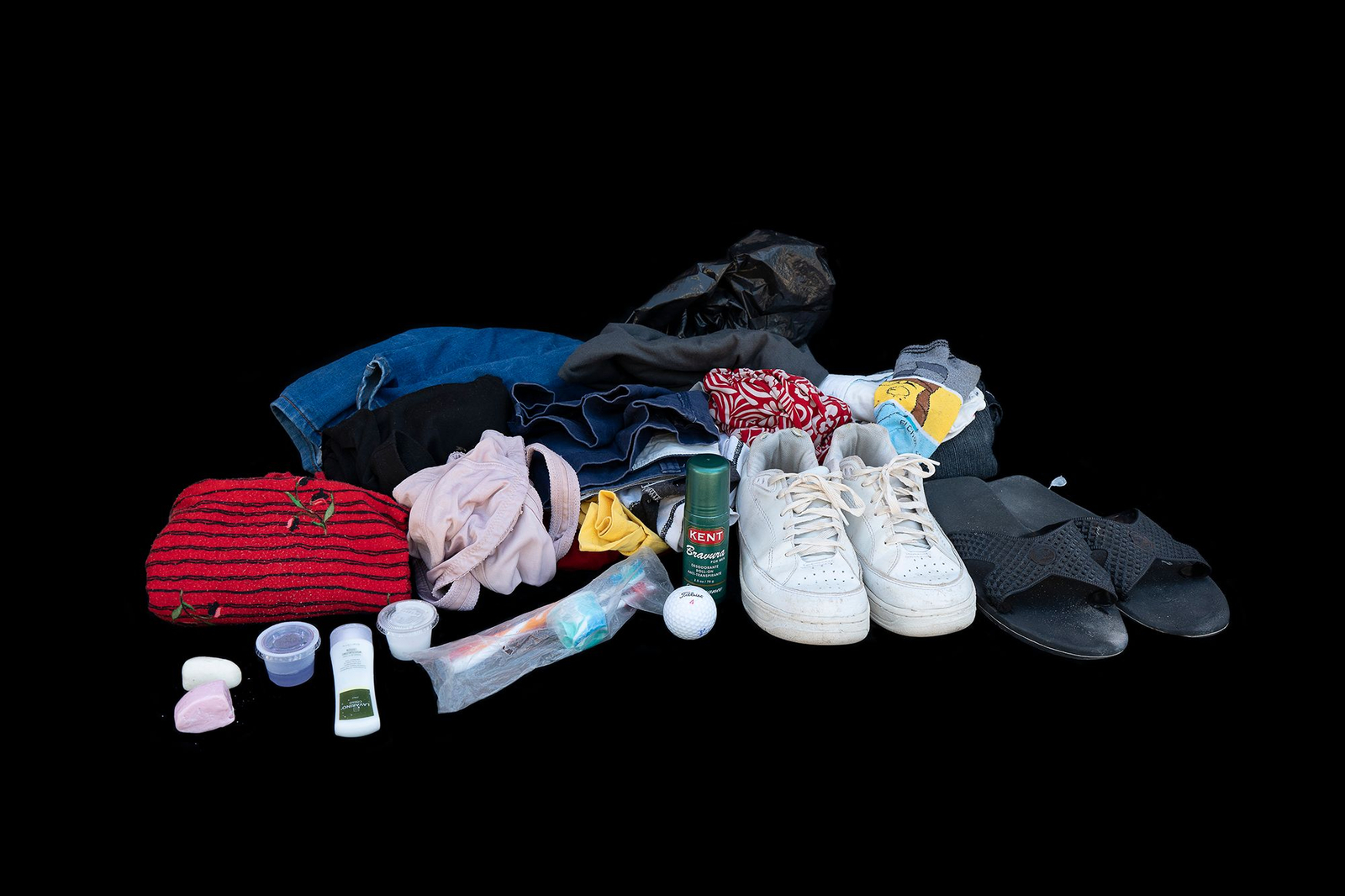
Elia and Johnatan
Nicaragua.
Elia and her family are from the rural area of Nicaragua. Her family suffered a violent assault on their own home. She says that the insecurity is very high in her place of origin, despite this they decided to denounce the thieves. All but the boss of the gang were captured. Since then she has lived threatened with death. Recently, thieves were released and death threats became more constant and they decided to leave their land. They are in Cd. Juarez, waiting to resolve their immigration situation.
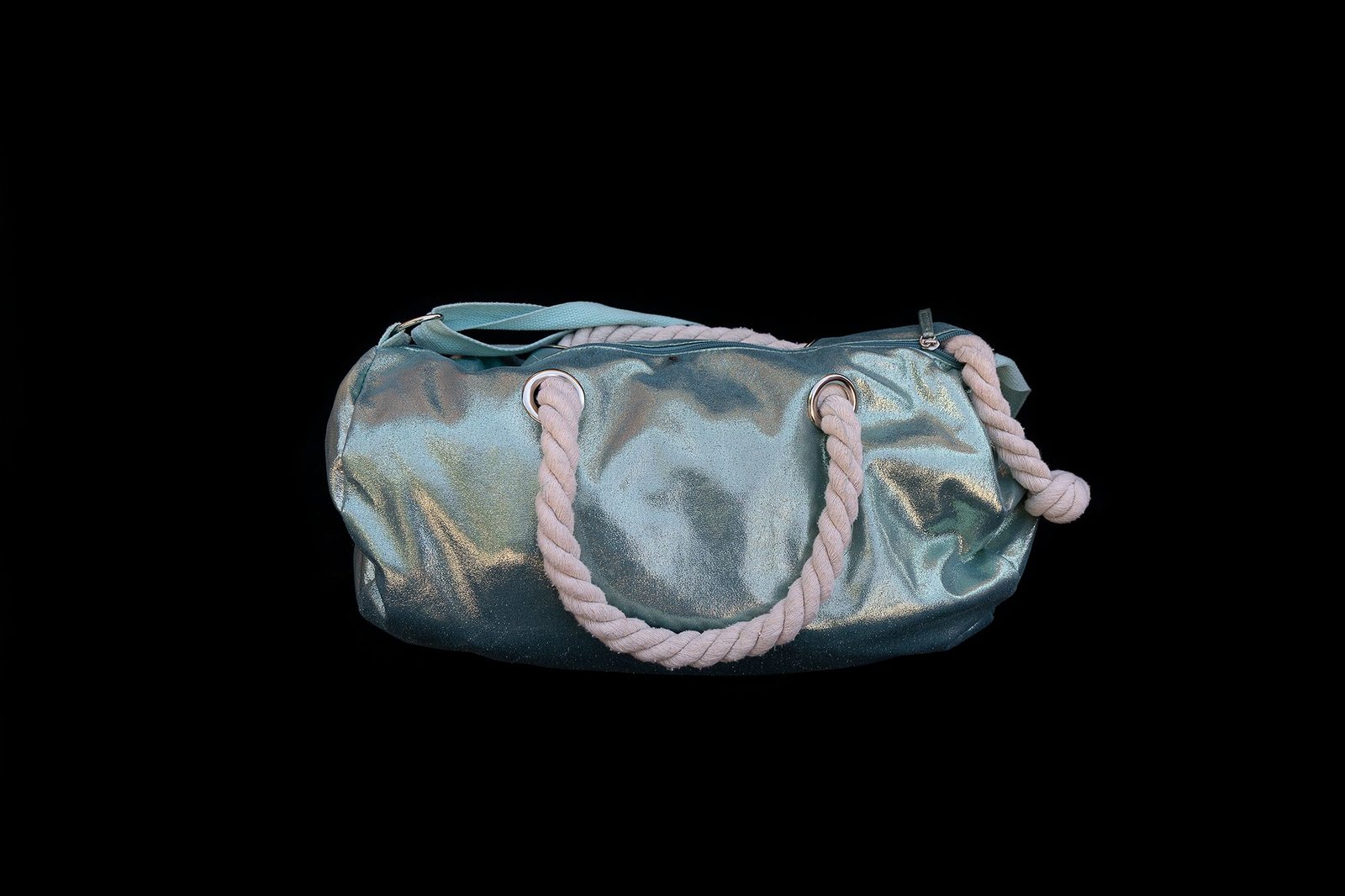
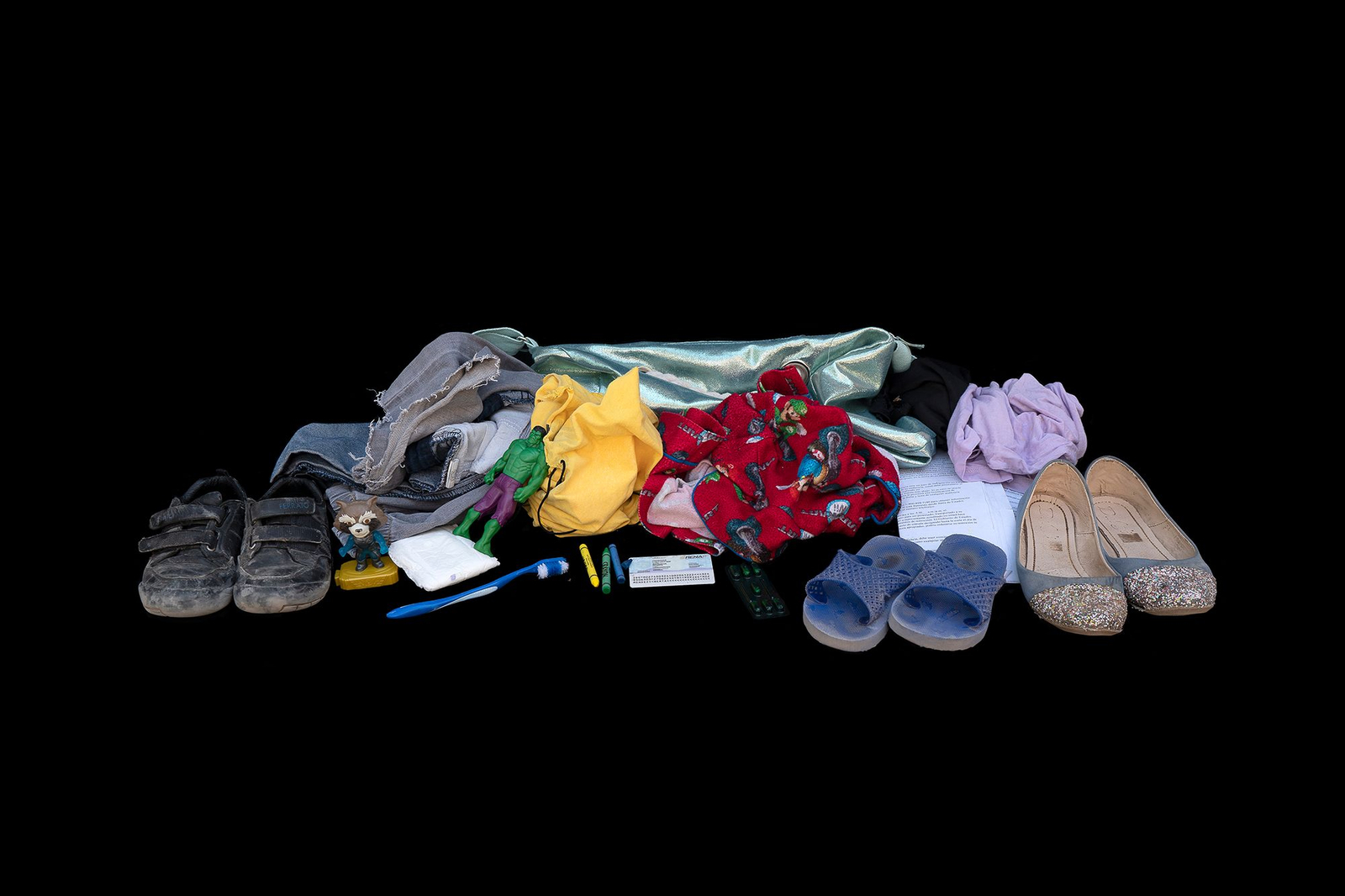
Bertha
Guatemala.
Bertha and her three children ran away from her native Guatemala where she lived terrified by the increase in child abduction. Motivated by rumors that families with young children will receive automatic asylum upon entering the United States they embarked on a hard journey through Mexico. Upon arriving at the border, her mother, who is already somewhere in the neighboring country, informed her that she could not accept her and her children at her home. Bertha and her young children have been in a migrant’s house for three weeks, caught between two hostile realities.
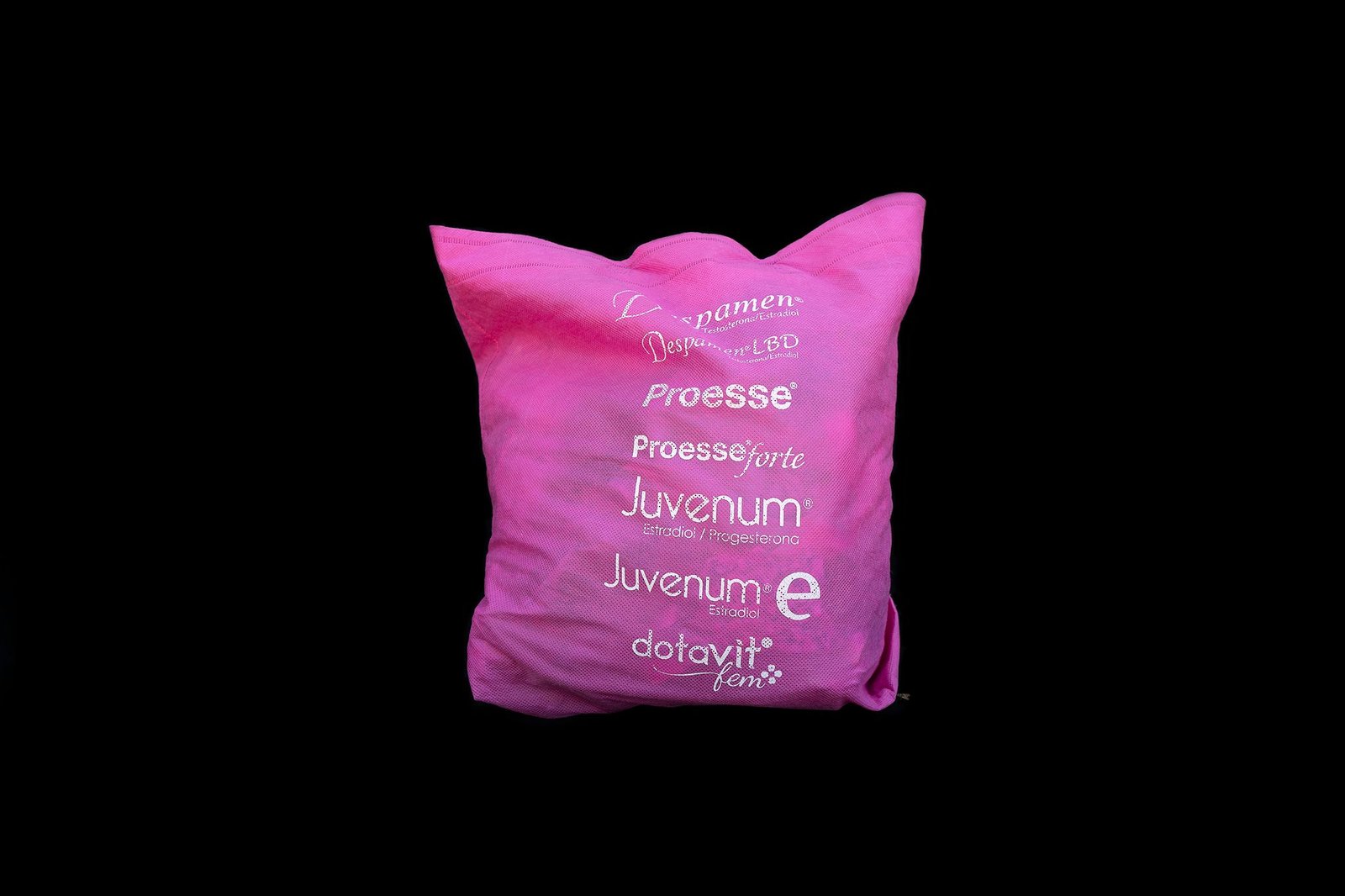
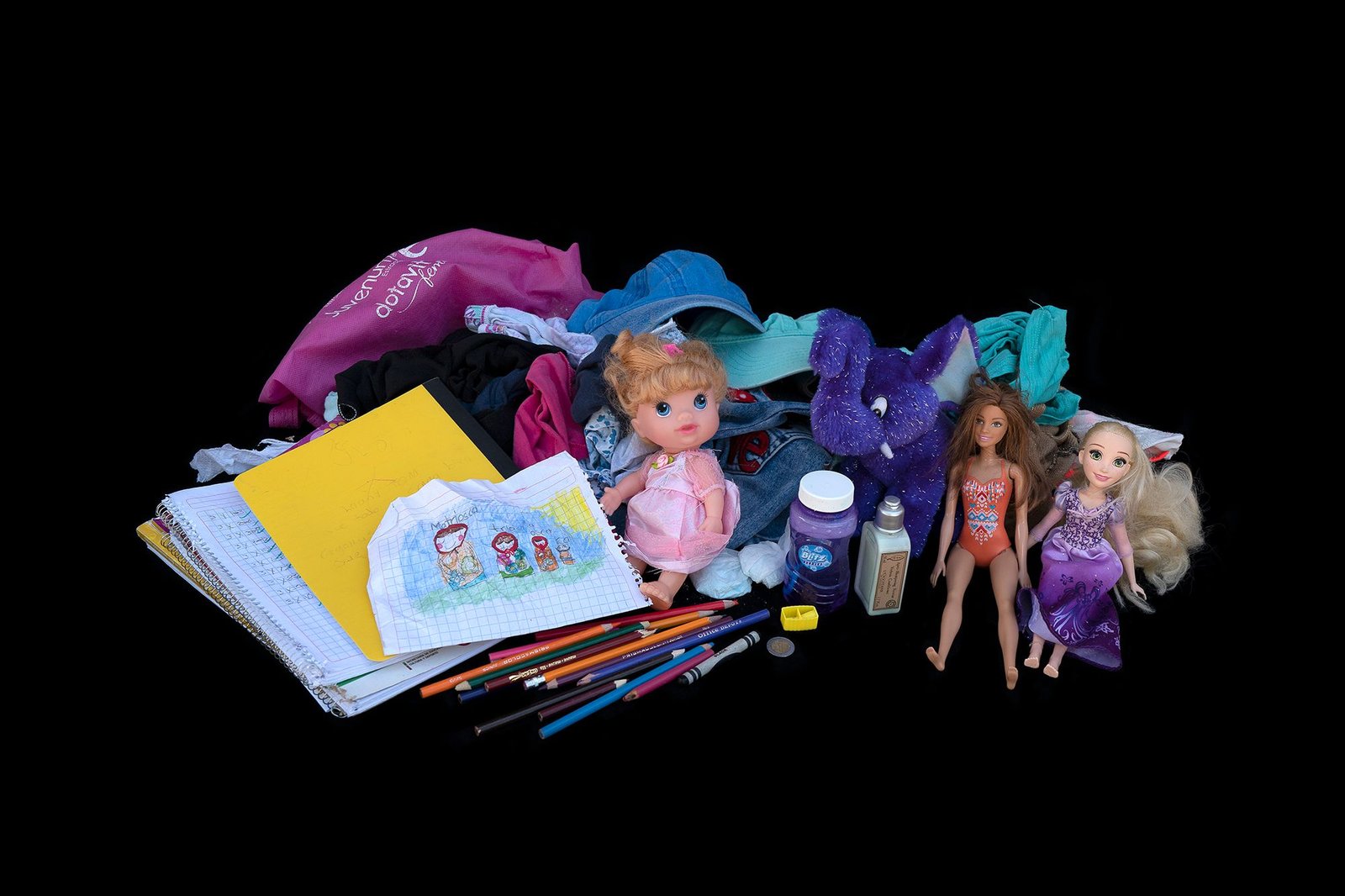
Sergia and Yesli
Honduras.
Sergia and her 9-year-old daughter Yesli left Honduras displaced by political violence. She did not want to delve into the subject. She only explained that in her country voting for any party can have deadly consequences. While commenting on her case, we noticed that she was hiding her eyes behind sunglasses. Then she would confess that she had lost an eye and therefore wanted to hide her scar.
Subscribe to shado's weekly newsletter
Exclusive event news, job and creative opportunities, first access to tickets and – just in case you missed them – our picks of the week, from inside shado and out.

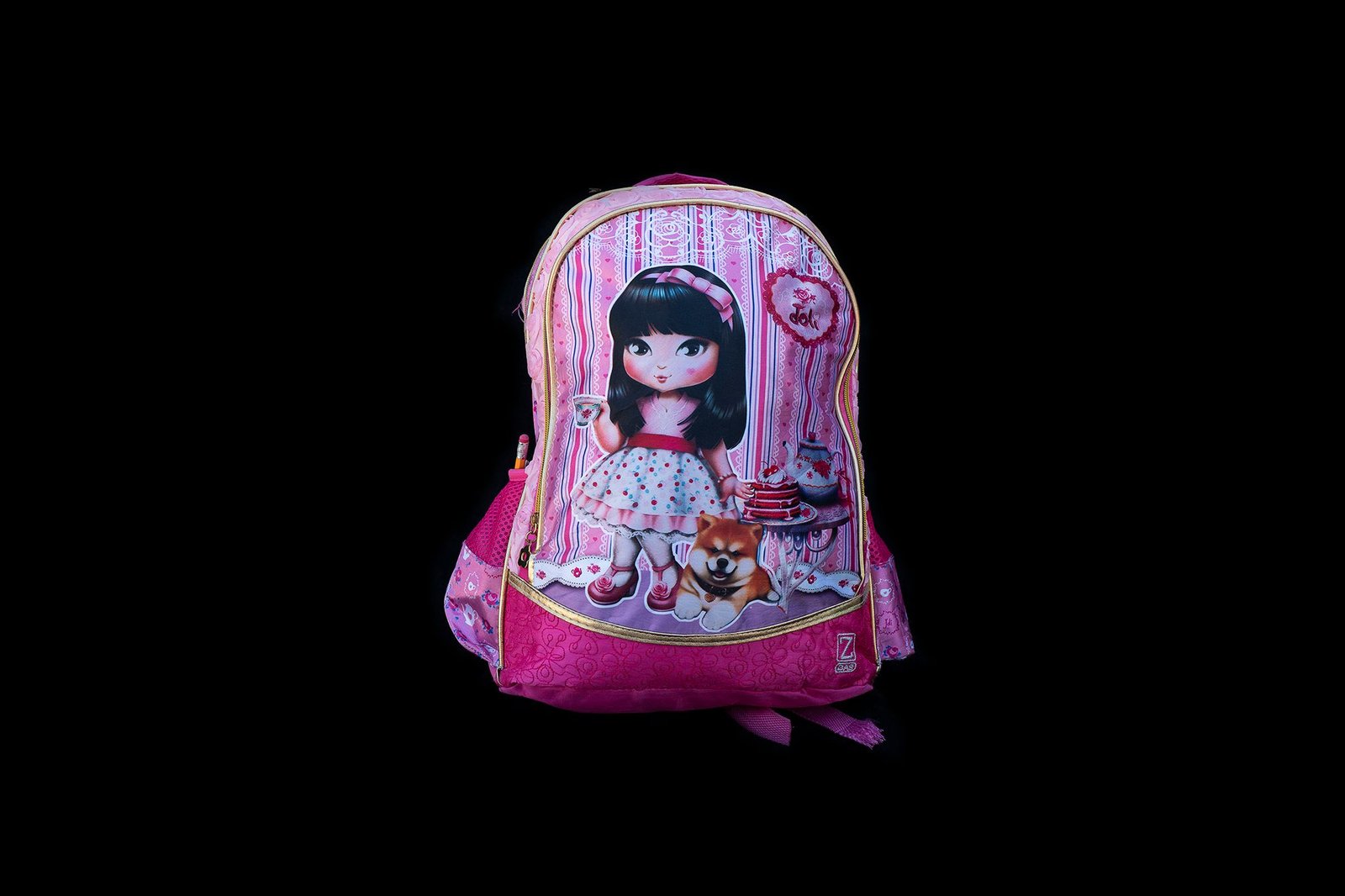

Janeth and Alejandra
Guatemala.
Janeth and Alejandra were victims of political violence. By refusing to support a certain party, her husband was disappeared and they received death threats. They decided to leave their place of origin, despite this, the threats got to where they were hiding. They decided to migrate to the United States, however they were rejected on their first day and they must return to Guatemala shortly after living more than five months in Cd. Juarez.
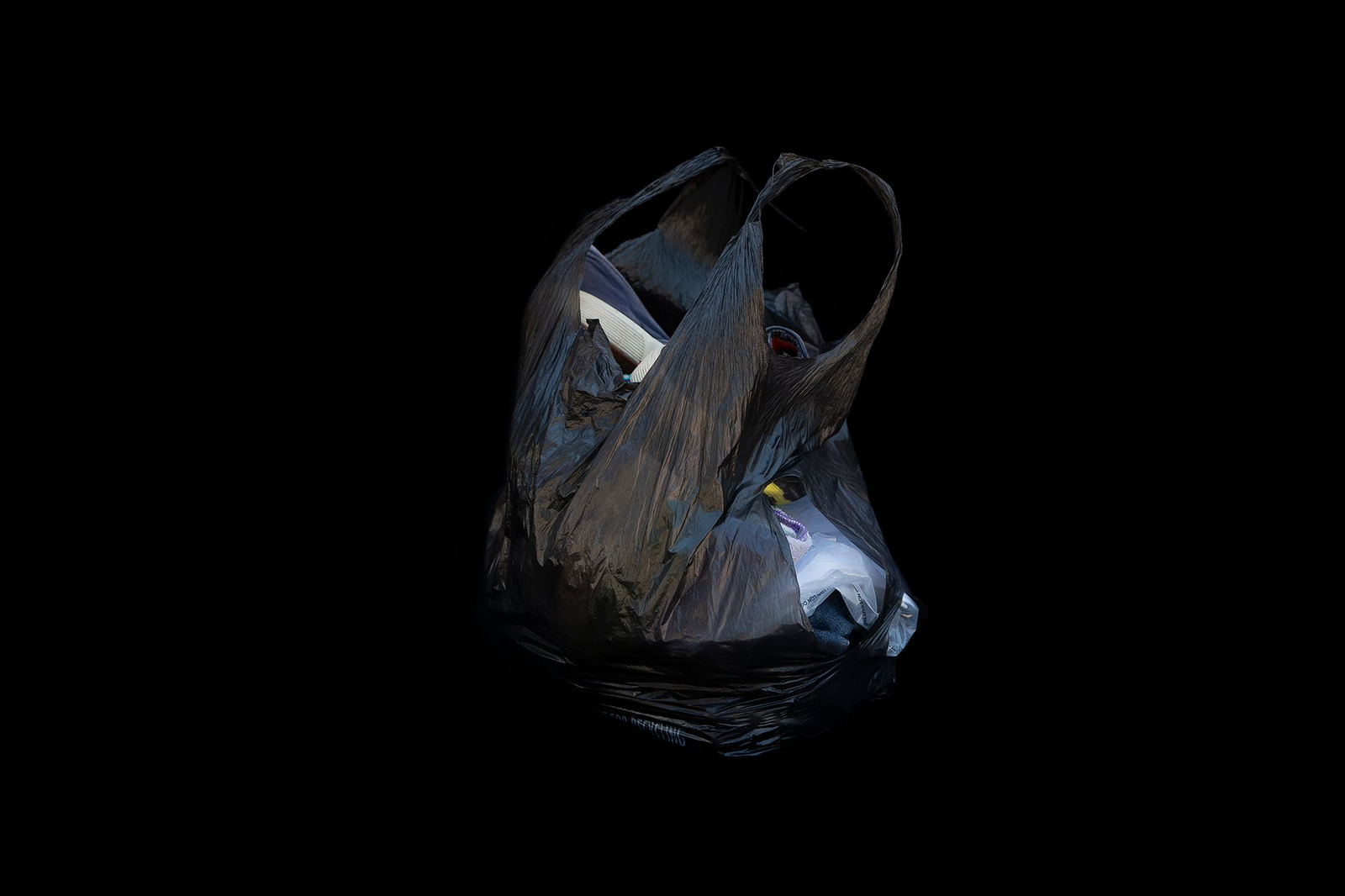
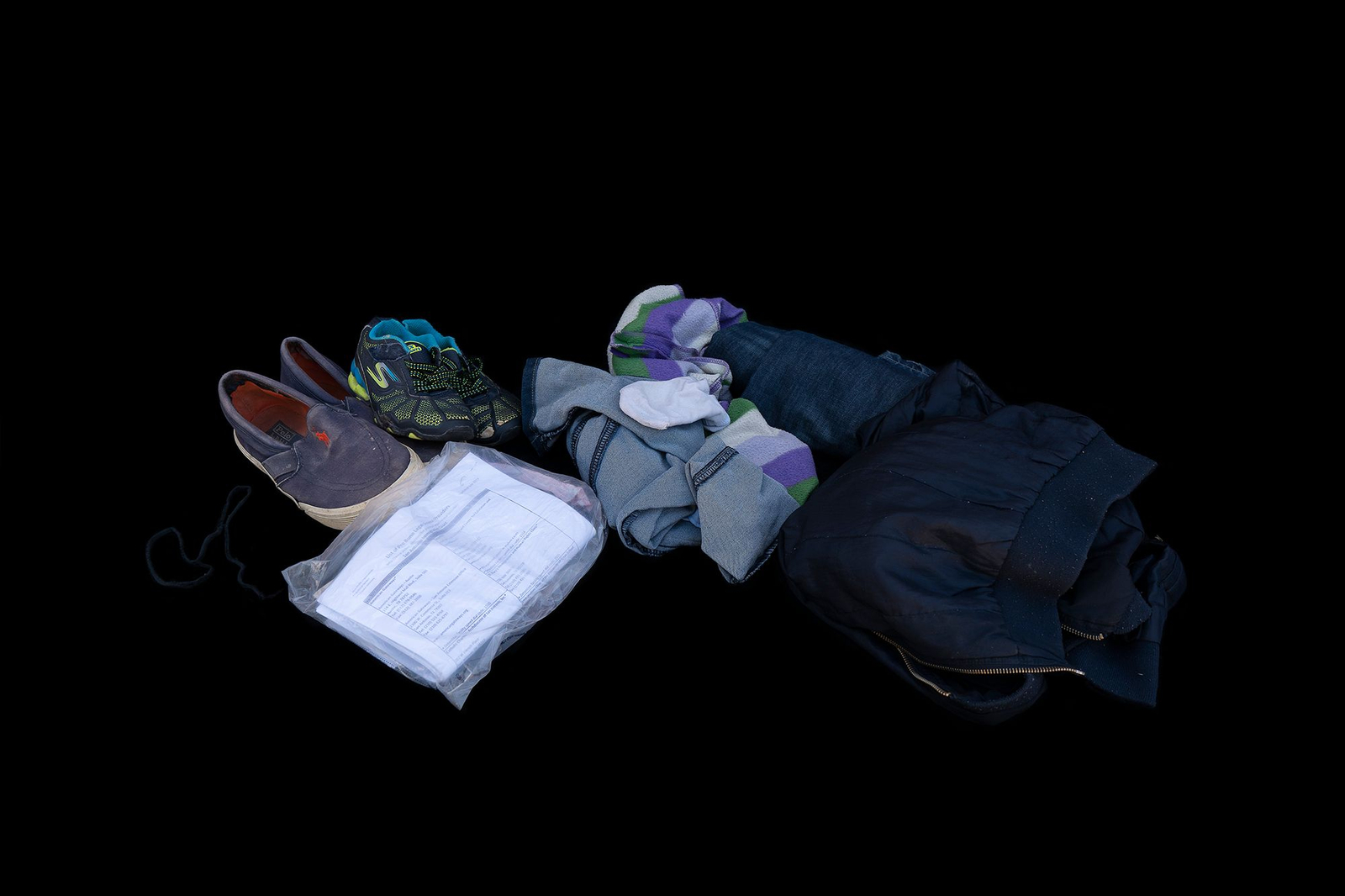
Sergio and Uriel.
Honduras.
Sergio decided to travel due to the extreme poverty in his place of origin. Their story is that of thousands of people displaced by bad economic management of their governments. He told us that while there is employment, it is not possible to live with dignity due to the continuous increases in the products of basic needs and the taxes on production. He traveled with his five-year-old son in his arms, whom he had to carry for long stretches of the journey. He must return to Honduras and pay the debt he contracted with the human traffickers. He doesn’t know what his future will be.
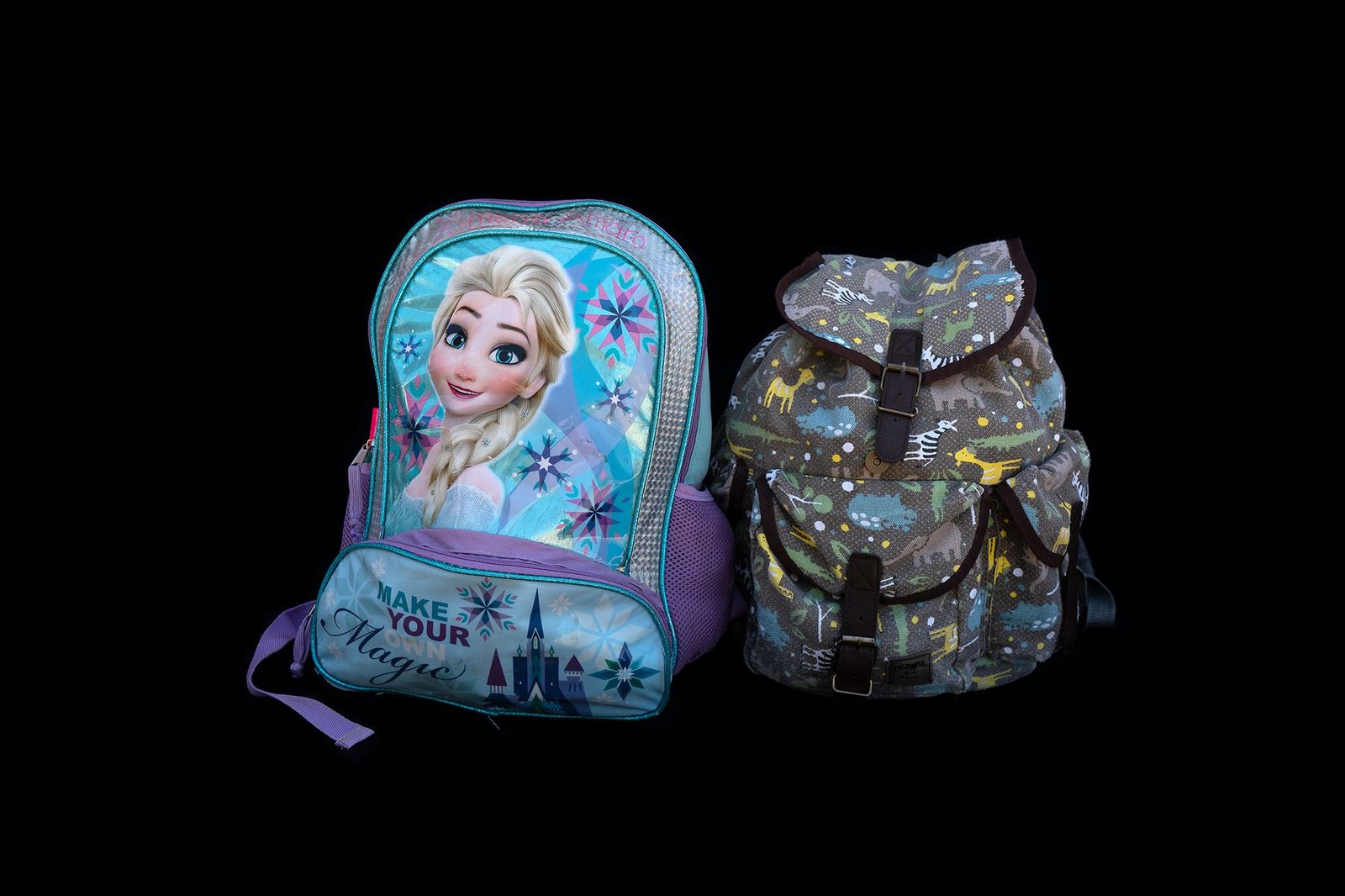
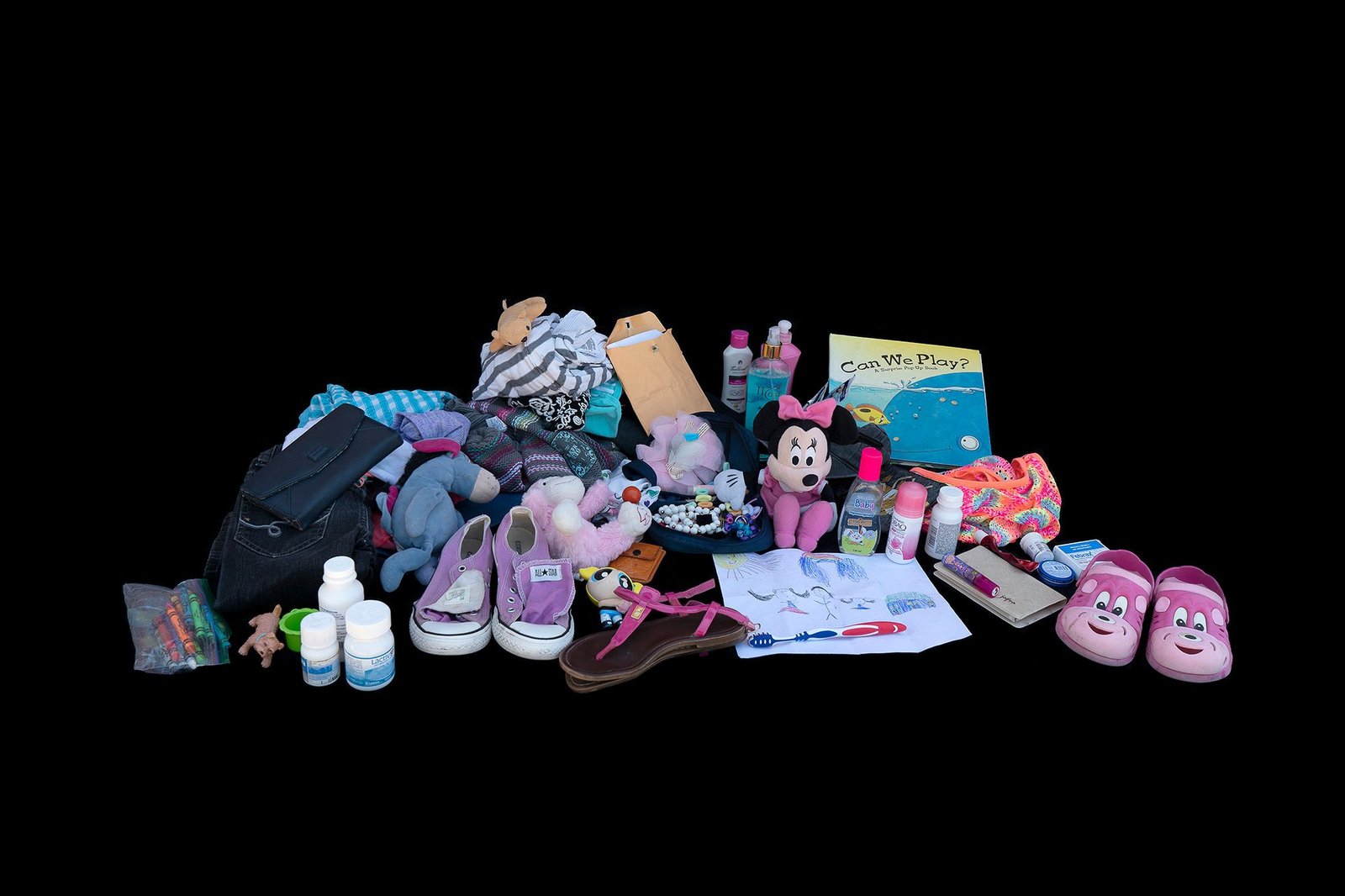
Carla and Cristel
Guatemala
After two months in Cd. Juárez, Carla (25) and Cristel (6) feel helpless, they must wait three more months before waiting for their next appointment with migration. The trip for them seems eternal. They say that in the migration offices there is no place for dignity, they “humiliate the people” they told us in tears. Both have suffered in their own body the effects of the trip, their clothes, their shoes and they were as battered as their mood.


Isabel, Angelica, María José
Guatemala.
Isabel Cordero (29) and her children suffered in their own flesh the evil of an intense journey that seems to have no end. They traveled hidden more than twenty-four hours in the back of a bus. At one point along the way, they suffered an assault and lost almost all of their value possessions. They have been in Cd. Juárez for almost five months. Even so, they say they prefer the risk of the trip to the terror that is lived in their country.

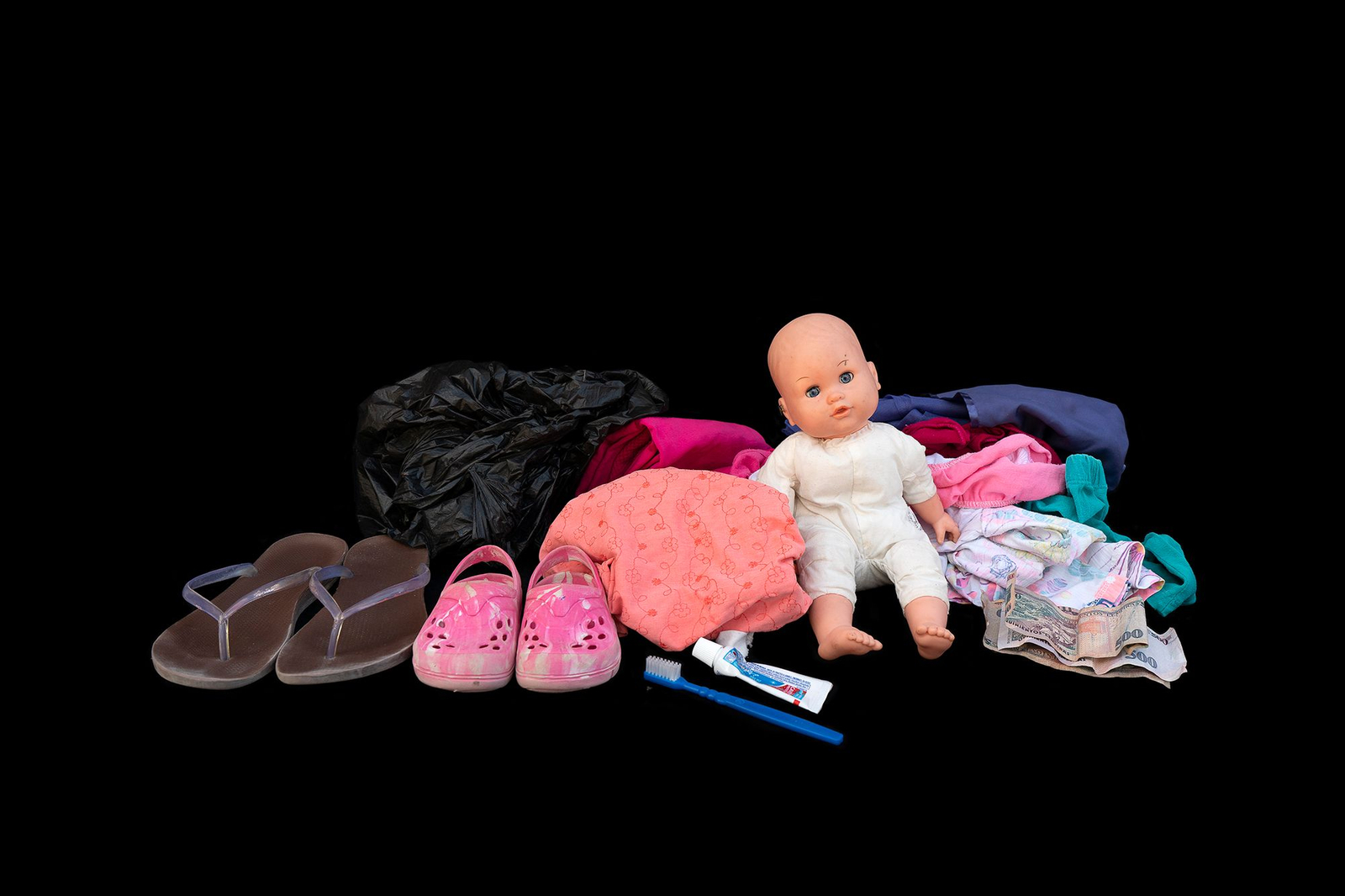
María and Sarahi
Guatemala.
María and Sarahi left Guatamala due to the rumour that circulated in their country that if the migrant was accompanied by children, asylum in the United States would be automatic. This rumour caused much expectation and much uncertainty in such a way that the kidnapping of children under 4 years went off. Families like Maria and Sarahi felt tremendously vulnerable and embarked on the difficult journey.

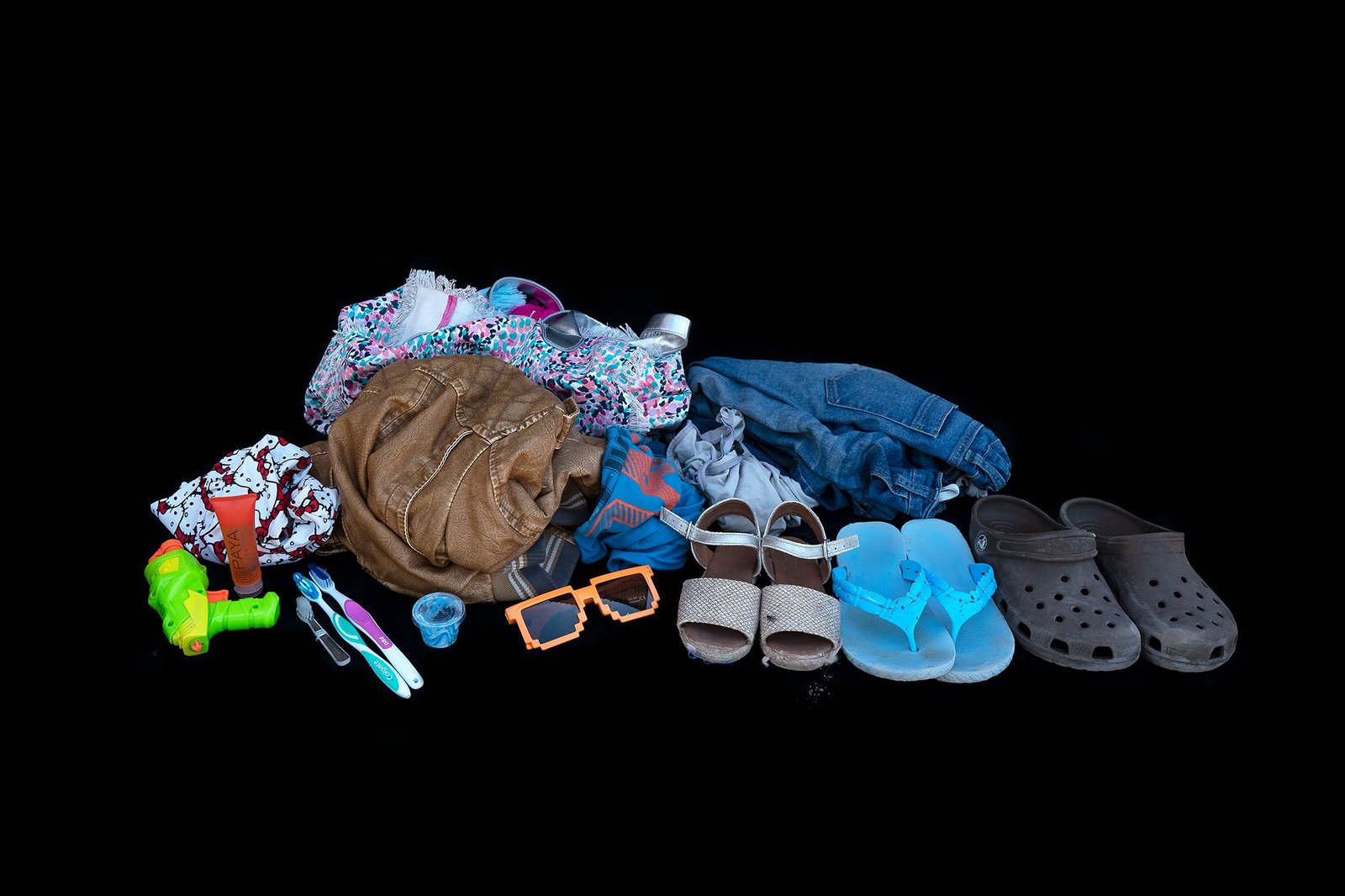
Mirna, Lizeth and Lilian
Mexico.
They left Honduras in a caravan that grew bigger every day. They suffered abuse and abuse by their travel companions. Mirna (29), the mother of Lizeth (4) and Lilian (13) spent long days without sleep taking care of her daughters to avoid further abuse. They have three months in La casa del Migrante. They cannot return to their country since they have lost their home, they cannot stay in Mexico or enter the United States. It is not known what will happen to them.
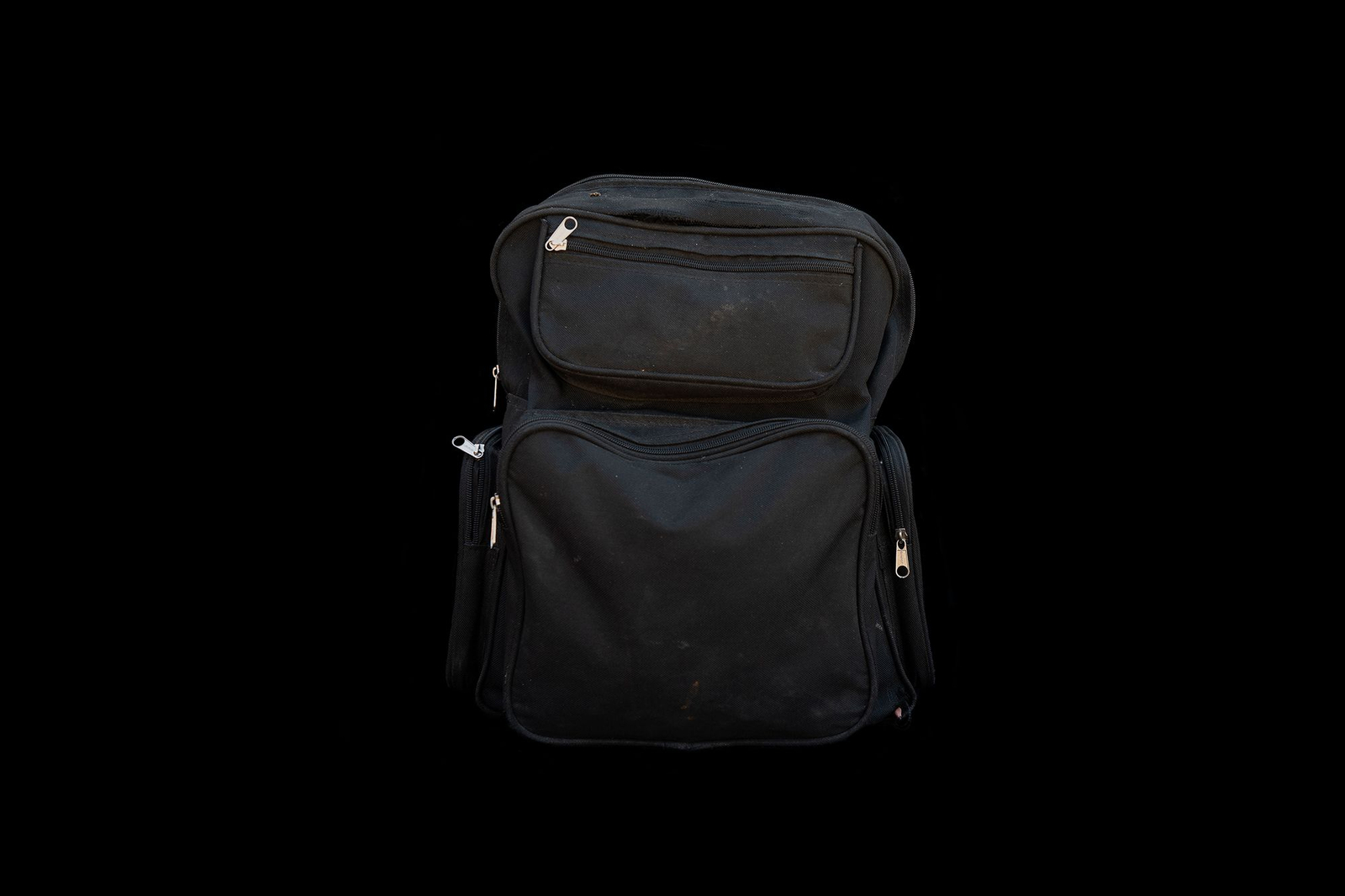
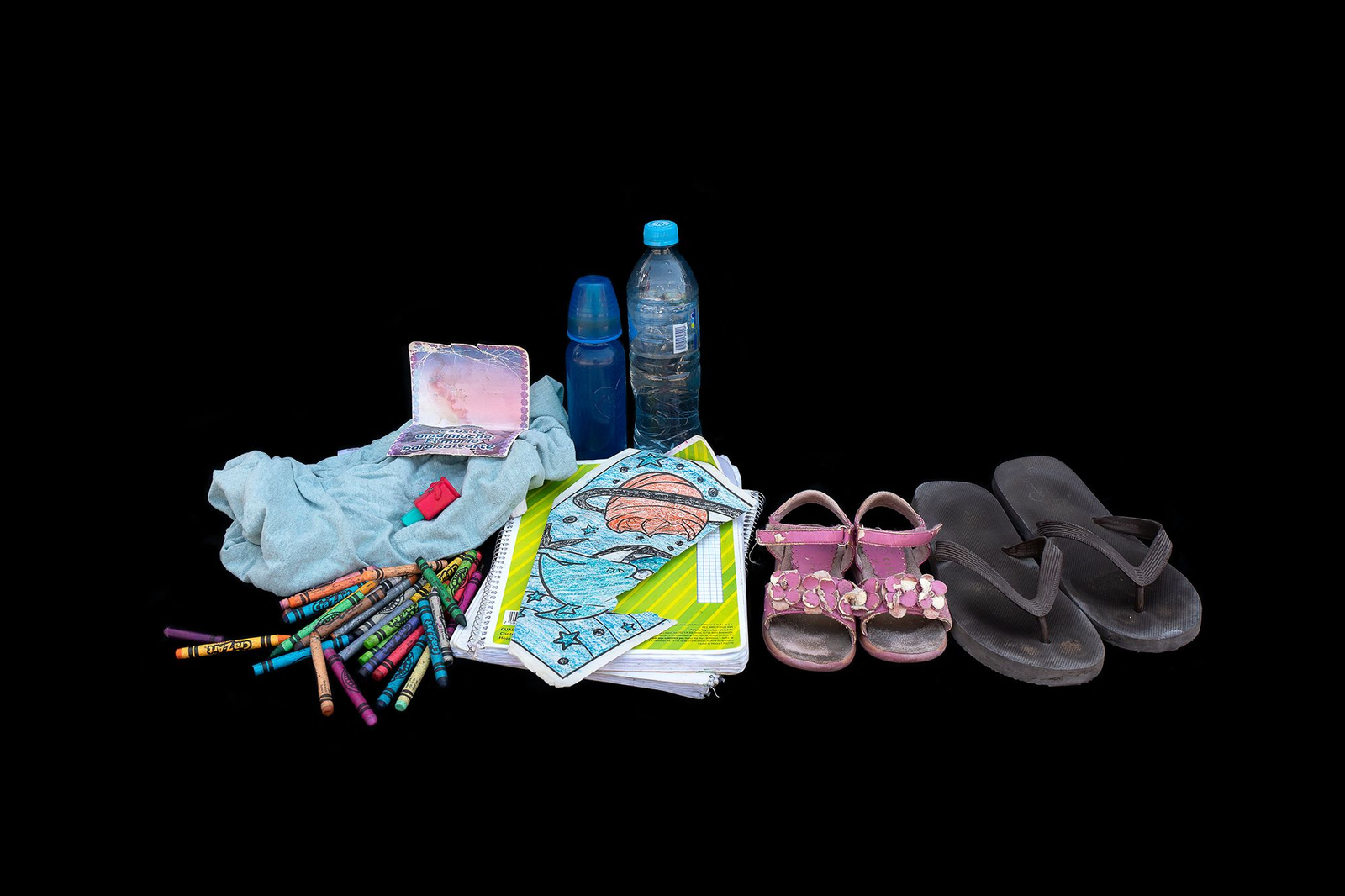
Elida and Ashley
Honduras.
Given the lack of work and uncontrolled violence in rural Honduras, Elida (30) decided to go out with her family and try to reach the United States. Originally she went out with her husband, who abandoned them to cross the border. Since then, Elida and Ashley (3) travel alone and without help. They do not know when they will have their appointment with migration.
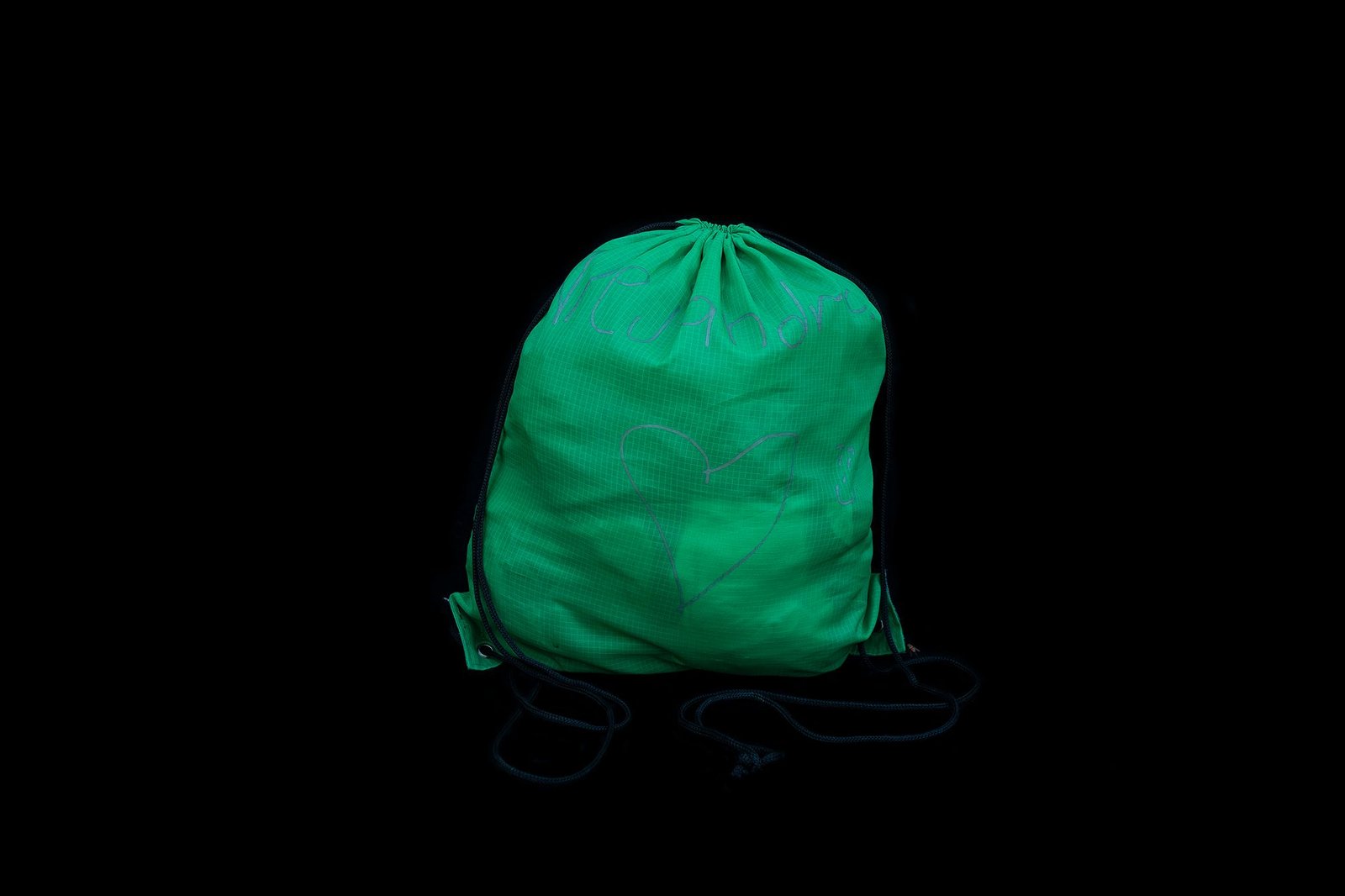
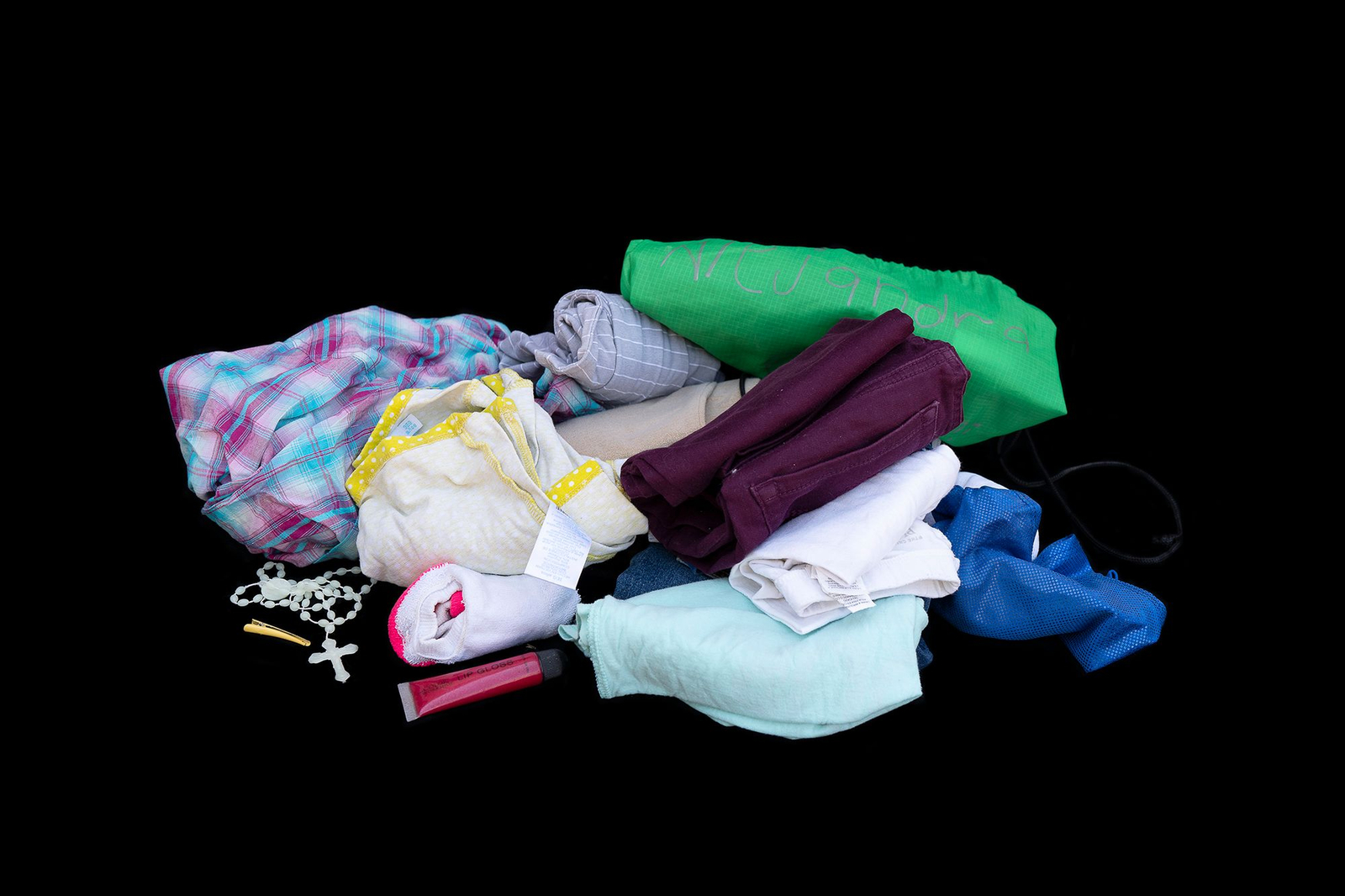
Elia and Miguel.
El Salvador.
Elia and Miguel Ángel are from the rural area of El Salvador, they had to leave their country because a storm swept through their town and left the area devastated. They crossed the country on foot, joined a caravan that took them to Mexico City. There they worked in a small clothes stand until they managed to raise the money to reach the border. Once in Juárez they have taken refuge in La casa del Migrante for several days. Elia says she has lost faith, her brother contains a very deep anger that he feels in his words as they tell the story. They carry a cross as the only memory of their home.
See Monica’s work on her instagram here







